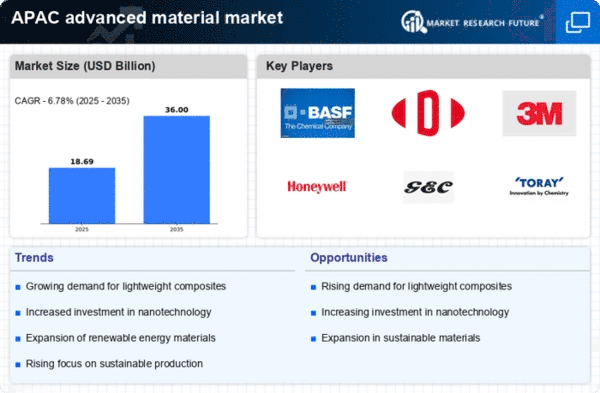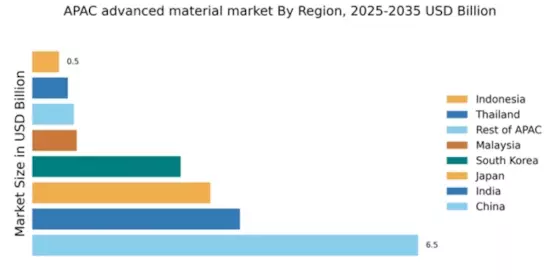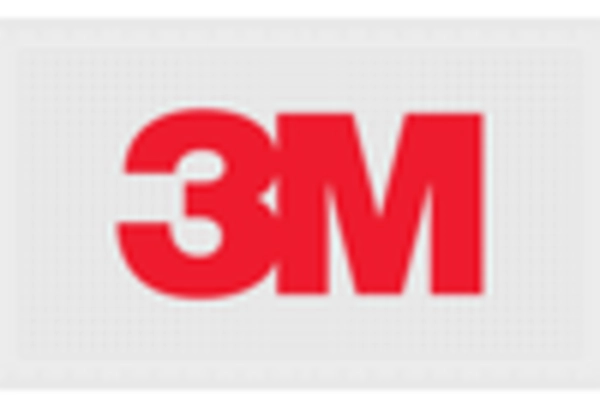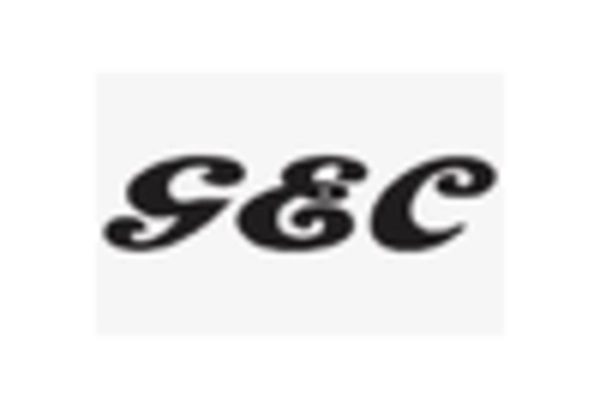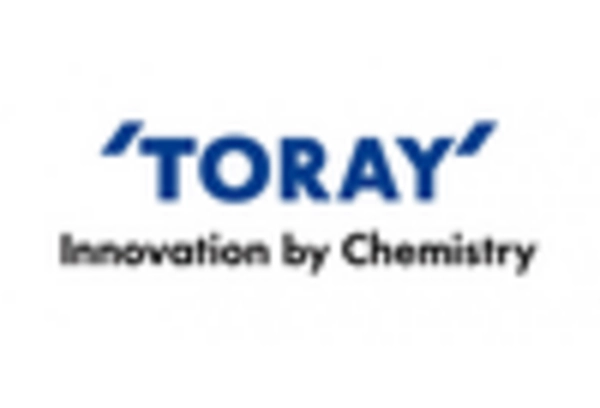China : Unmatched Growth and Innovation
Key markets include cities like Shanghai, Beijing, and Shenzhen, which are hubs for technology and manufacturing. The competitive landscape features major players such as BASF SE, DuPont, and Toray Industries, all vying for market share. Local dynamics are characterized by a robust supply chain and favorable business environment, with applications spanning automotive, aerospace, and electronics sectors. The focus on innovation drives continuous improvement in product offerings.
India : Rapid Growth in Demand
Key markets include Maharashtra, Gujarat, and Tamil Nadu, which are industrial powerhouses. The competitive landscape features players like 3M Company and SABIC, alongside a growing number of local manufacturers. The business environment is improving, with initiatives to streamline regulations and enhance ease of doing business. Applications in construction and automotive are particularly strong, reflecting the country's infrastructure development needs.
Japan : Innovation Drives Market Growth
Key markets include Tokyo, Osaka, and Aichi Prefecture, known for their advanced manufacturing capabilities. Major players like Mitsubishi Chemical and Toray Industries dominate the landscape, fostering a competitive environment. The local market is characterized by a strong emphasis on quality and precision, with applications in automotive, electronics, and healthcare sectors. The business environment is stable, supported by a skilled workforce and advanced infrastructure.
South Korea : Innovation and Sustainability Focus
Key markets include Seoul, Busan, and Incheon, which are central to the country's industrial activities. The competitive landscape features major players like LG Chem and Honeywell, alongside numerous SMEs. The local market dynamics are characterized by a strong emphasis on innovation and collaboration between industry and academia. Applications in electronics, automotive, and renewable energy are particularly prominent, reflecting the country's technological advancements.
Malaysia : Strategic Location and Development
Key markets include Selangor, Penang, and Johor, which are industrial hotspots. The competitive landscape features both local and international players, with companies like BASF and DuPont establishing a presence. The business environment is improving, with government support for R&D and infrastructure development. Applications in electronics, automotive, and construction are gaining traction, reflecting the country's industrial diversification efforts.
Thailand : Strong Growth in Manufacturing Sector
Key markets include Bangkok, Chonburi, and Rayong, which are central to the country's industrial activities. The competitive landscape features both local and international players, with significant presence from companies like 3M and SABIC. The local market dynamics are characterized by a focus on automotive and electronics applications, reflecting the country's industrial strengths and export capabilities.
Indonesia : Growing Demand and Investment Opportunities
Key markets include Jakarta, West Java, and East Java, which are industrial hubs. The competitive landscape is evolving, with both local and international players beginning to establish a foothold. The business environment is improving, with government support for infrastructure development and investment incentives. Applications in construction, automotive, and consumer goods are gaining traction, reflecting the country's economic growth.
Rest of APAC : Varied Growth Across Sub-regions
Key markets include Vietnam, Philippines, and Singapore, each with distinct market dynamics. The competitive landscape features a mix of local and international players, with companies like Covestro and LG Chem making inroads. Local market conditions vary, with applications in construction, electronics, and automotive sectors reflecting the diverse economic landscapes. The business environment is improving, with increasing government support for R&D and infrastructure development.


